The Future of Transportation in the Commonwealth
/in Better Government, Featured, Press Releases, Press Releases: Government, Press Releases: MBTA, Press Releases: Transportation /by Editorial StaffTaking advantage of the public comment period, Pioneer Institute is today releasing its recommendations to the Governor’s Commission on the Future of Transportation. The suggestions cover governance, budgeting and operations, the role of public transit during a period of transformative change and maintaining a focus on increasing MBTA ridership.
In terms of governance, Pioneer recommends combining “tight” oversight structures such as the MBTA’s Fiscal and Management Control Board for each MassDOT agency, and a “loose” board composed of the chairs of each agency board to coordinate operations.
When it comes to budgeting and operations, transportation agencies should be empowered to seek efficiencies and pursue innovation. To eliminate massive backlogs and improve service, maintenance should be the top priority within agency budgets.
Massachusetts and the nation are in the early stages of a mobility revolution fueled by rapid private-sector technological advances. The Commonwealth should adopt regulatory frameworks that facilitate rather than block these innovations, and performance benchmarking should be used to guide policy during this period of intense disruption.
Finally, Pioneer urges the MBTA to stay focused on growing ridership. After a $2 billion improvement program is completed in 2024-25, capacity will increase by 50 percent on the Red Line and 40 percent on the Orange Line, enough to reduce traffic congestion, increase revenue and produce environmental benefits.
Get Updates on Our Transportation Research
Related Posts:
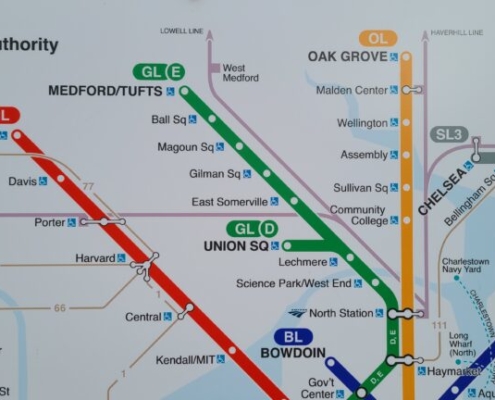
The Effects of the COVID 19 Pandemic on MBTA Light Rail Ridership
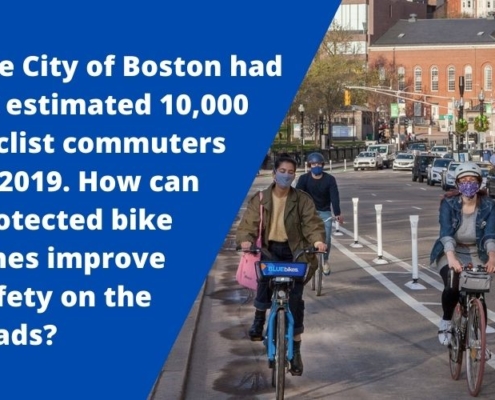
Urban Cyclist Fatalities: Improving the Safety of Our Commuters
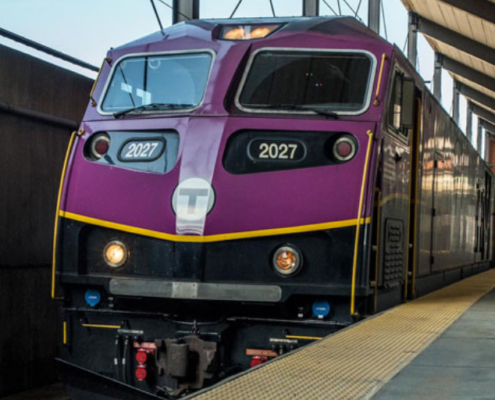
Open Letter: Extend the Term of the MBTA’s Fiscal and Management Control Board

Traffic Strikes Back: New Transportation Strategies for Post-Pandemic Prosperity

Pioneer Institute Statement on MBTA Service Cuts
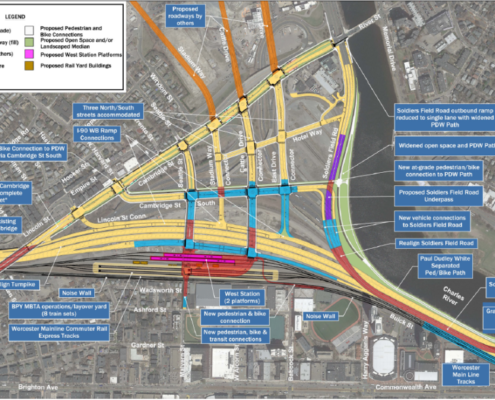
Public Comment on I-90 Allston Multimodal Project

Clearing Boston’s Throat: What the I-90 Allston Project Portends for Metro West Commuters

COVID-19 Silver Lining: MBTA Takes Advantage of Ridership Lull to Accelerate $8.5 Billion Modernization Program
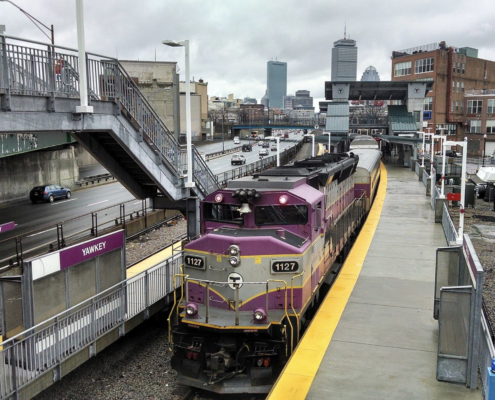 https://pioneerinstitute.org/wp-content/uploads/Screen-Shot-2020-07-14-at-12.14.12-PM.png
1512
2018
Max von Schroeter
https://pioneerinstitute.org/wp-content/uploads/logo_440x96.png
Max von Schroeter2020-07-15 11:50:362021-02-15 14:49:42A Time to Build
https://pioneerinstitute.org/wp-content/uploads/Screen-Shot-2020-07-14-at-12.14.12-PM.png
1512
2018
Max von Schroeter
https://pioneerinstitute.org/wp-content/uploads/logo_440x96.png
Max von Schroeter2020-07-15 11:50:362021-02-15 14:49:42A Time to Build
Open Letter to MassDOT Board Regarding I-90 Allston Multimodal Project

Survey Suggests Demand for Telecommuting After COVID-19 Crisis
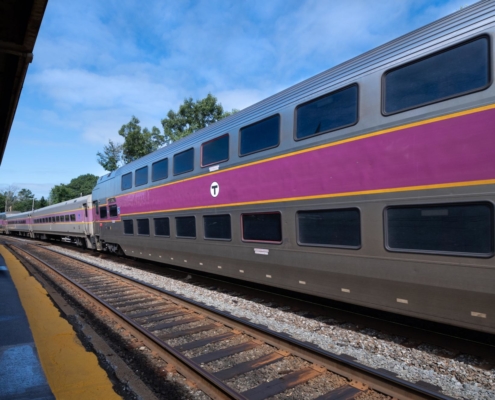
It’s Time for the MBTA to Actively Engage Riders to Understand Their Commuting Plans

Study Highlights Transit Agency Best Practices in Response to COVID-19

WILL YOU COMMUTE TO WORK WHEN THE COVID-19 CRISIS IS OVER?
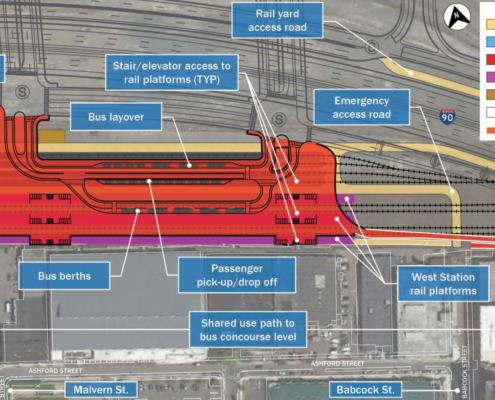
MassDOT’s West Station design plans fall one track short
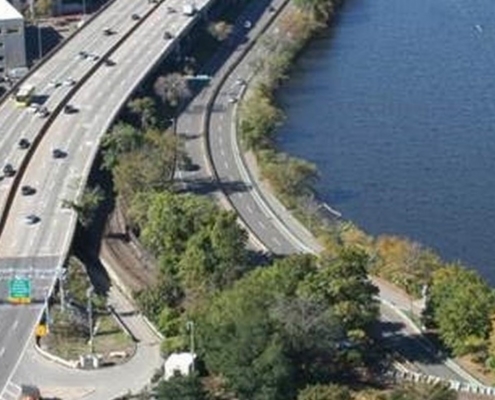
Open Letter to MA Governor Charlie Baker Regarding Boston Commuters from Points West
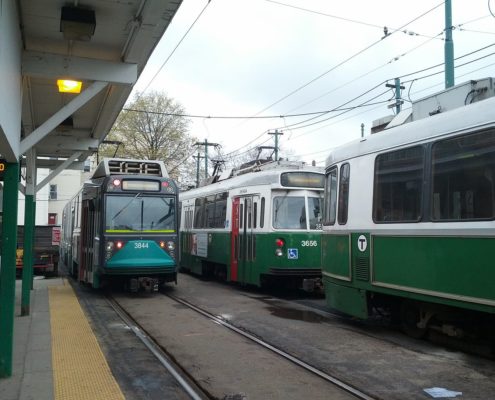
A Control Board Equipped for the Next Phase of MBTA Reform

Pioneer Urges MassDOT to Reconsider At-Grade Throat Option for I-90 Allston Multimodal Project



